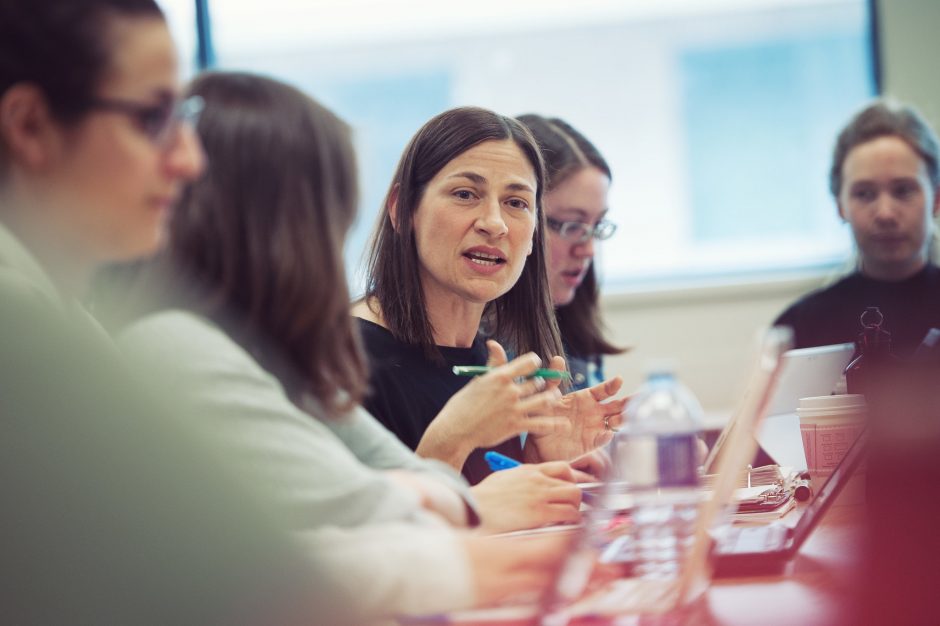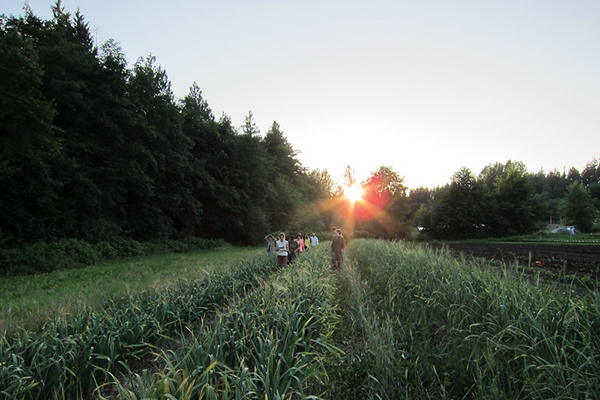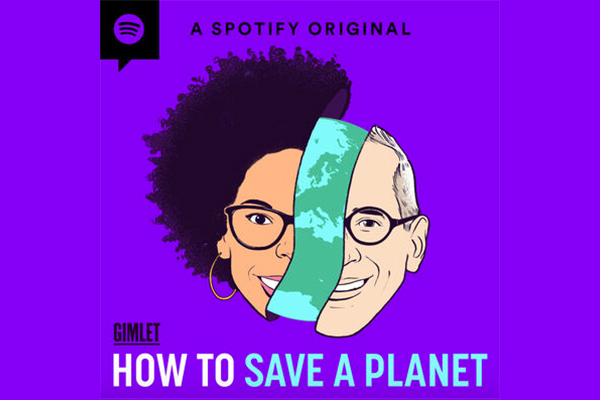
Research and teaching are core to UBC’s contributions to climate action. Gaps in our understanding of the complexities and consequences of climate change remain. We seek to understand the pathways towards a just and equitable future and meaningful action at the scale of the crisis.
UBC is recognized globally as a hub of climate research and action. Our climate researchers and scholars are making considerable contributions, with strengths spanning many disciplines. They are collaborating with government, industry, academic and community partners to deepen our understanding of all aspects of the climate emergency.
The university is invested in further developing the capacity of faculty members, graduate students and postdoctoral fellows to engage with climate change research and scholarship.
Related Resources



